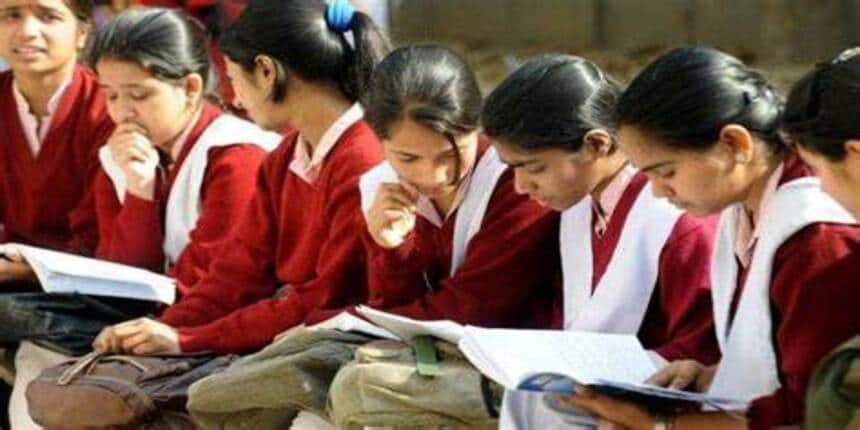Uttar Pradesh reminds schools of ban on corporal, mental punishment; frames guidelines
Vikas Kumar Pandit | August 13, 2024 | 10:15 PM IST | 2 mins read
The letter highlights the NCPCR guidelines that mandate children to be informed about their right to speak out against physical punishment.

NEW DELHI: The Uttar Pradesh government has reemphasised its directives prohibiting all forms of physical and mental punishment in schools. As per the letter, the guidelines are in line with a government order issued on October 10, 2007, which enforces a complete ban on corporal punishment in educational institutions.
The order recognises such punishment as indicative of insensitivity towards children’s rights and an endorsement of violent culture. It prohibits practices such as beating, scolding, making children run in the compound, pinching, hitting with a stick, slapping, making children kneel, sexual harassment, tormenting, locking children alone in classrooms, electric shocks, and other similar acts that are humiliating, injurious, or fatal.
The letter also highlights the National Commission for Protection of Child Rights (NCPCR) guidelines that mandate children to be informed about their right to speak out against physical punishment. Schools, including hostels, child protection homes, and public institutions, are required to establish forums where children can voice their concerns.
Parent-teacher committees or similar bodies should regularly review complaints and actions taken on a monthly basis. Both parents and students can raise concerns about physical punishment without fear of retaliation. The education department should also establish review procedures at block, district, and state levels to monitor complaints and actions taken.
Anti-discrimination measures required
The directives include the Uttar Pradesh government’s free and compulsory child education rights rules, which mandate local authorities to ensure that no caste, class, religion, or gender-based discrimination occurs. This includes preventing discriminatory practices in classrooms, during meals, on playgrounds, and in other school facilities.
“To address complaints related to education from students, parents, and the general public, a free toll-free number 1800-889-3277 was launched by the Chief Minister in June 2024. It is directed that this toll-free number be permanently displayed on the notice board or main entrance of every school in the district. Complaints and suggestions received on this number will be monitored at the state level, and prompt resolution of complaints received via the portal must be ensured,” the letter read.
NCPCR directive on festivals
As per the letter, the State Council of Educational Research and Training, Uttar Pradesh, has developed a comprehensive "Safety and Security Training Module" for teachers. This module covers various aspects of child safety, including physical and emotional abuse, social harassment, and protective measures.
Recently, NCPCR has also issued a directive to all states and union territories to take immediate action to prevent corporal punishment and discrimination of children during festival celebrations in schools. This directive follows numerous reports of students experiencing harassment for cultural and religious practices, such as wearing Rakhi, Tilak, or Mehendi during festivals like Raksha Bandhan.
Follow us for the latest education news on colleges and universities, admission, courses, exams, research, education policies, study abroad and more..
To get in touch, write to us at news@careers360.com.